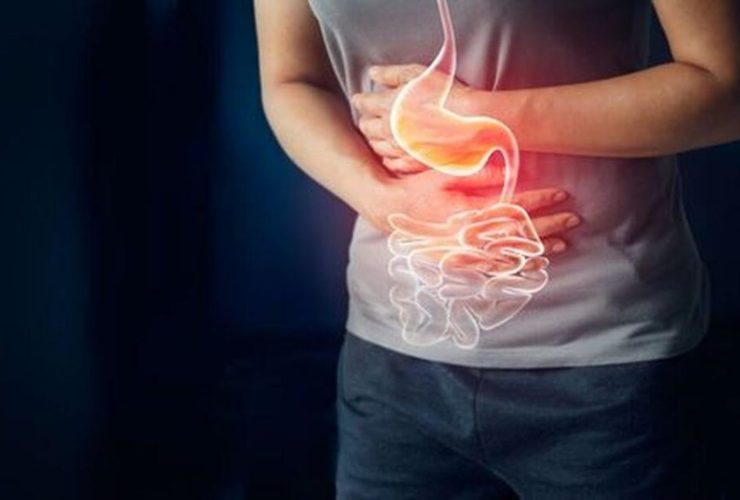Upper GI Endoscopy (EGD)
Upper GI Endoscopy or Esophago-gastroduodenoscopy (EGD) is a visual examination of the lining of your esophagus, stomach and the first part of your intestine. This is performed by passing thin, long flexible telescope through your mouth, under sedation. If necessary, small tissue samples (biopsies) can be taken during the examination (painlessly) for detailed laboratory analysis. Some treatments can be done through the endoscope, These include stretching (dilating) narrowed areas of the esophagus, stomach or duodenum, removing polyps and swallowed objects, and treatment of bleeding vessels and ulcers by internal injection or application of heat (using electrical diathermy, laser or heat probe or other methods).
Preparation:
Your stomach must be empty so DO NOT eat or drink any thing after midnight. If you must take prescription medicines, use only small sips of water. Do not take antacids.
What will happen?
The doctor and /or nurse will explain the procedure and answer your questions. Please tell them if you have had any other endoscopic examinations, or any allergies or any reactions to medicines. You will be asked to sign aconsent form, giving your permission for the examination. You will need to put on a hospital gown and remove your eyeglasses, contact lenses and dentures.
A local anesthetic will be sprayed in your throat to make it numb. You may be given medication by injection through a vein to make you sleepy and relaxed. A guard will be placed to protect your teeth. While you will be placed comfortable on your left side, the doctor will pass the instrument through your mouth and down to your throat. The instrument will neither interfere with your breathing, nor cause you any pain. The examination takes about 5 to 10 minutes.
Afterwards:
You will remain in the unit for about 2-4 hours. You will fell numb and slight sore in your throat. You should not attempt to eat or drink until your swallowing gag reflex is return to normal (At least 1 hour). After this you may return to your regular duties unless otherwise instructed. You may feel slightly bloated; due to the air which passes through the endoscopes, this will quickly pass.
If you had a sedative injection, a companion MUST be available to drive you home. For the remainder of the day you SHOULD NOT drive car, operate machinery or make important decisions as the sedation impairs your reflexes and judgment.
Risks?
Endoscopy can result in complications such reactions to medication and bleeding. These Complications are very rare, but may require urgent treatment. The possibility of complication is greater when the endoscope is used to apply treatment. The sure to inform us if you have any pain, black tarry stools or troublesome vomiting in the hours or days after endoscopy.




